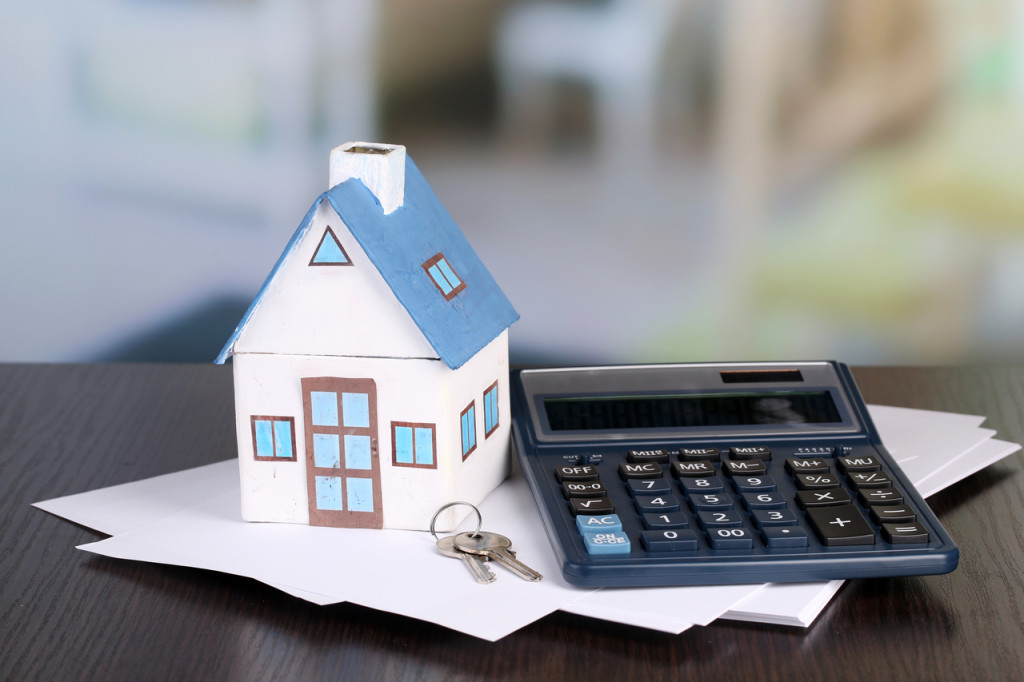Americans Split on Fairness of Local Property Tax Rates
Currently, Americans overall are almost evenly split on the fairness of the property tax rate in their community. Looking ahead, it’s unclear how these attitudes may shift as federal tax changes set to take effect in 2018 potentially lead more to fully feel the pinch of local property tax bills.
- Nationwide, a slim majority (51 percent) of Americans surveyed earlier this year said they agreed with the statement that “the property tax rate in my community is unfair to me.”
- Fifty-seven percent of 18-34 year olds said they somewhat or strongly agreed that local property tax rates were personally unfair, a significantly larger share than those 55 years or older.
- Fifty-four percent of lower-income households making less than $50,000 per year said they agreed local property tax rates were unfair to them, compared to less than half of households with an annual income of $50,000 or more.
Currently, Americans overall are almost evenly split on the fairness of the property tax rate in their community. Looking ahead, it’s unclear how these attitudes may shift as federal tax changes set to take effect in 2018 potentially lead more to fully feel the pinch of local property tax bills.
Many U.S. homeowners are reportedly exploring pre-paying future property taxes prior to the end of 2017 in hopes of taking advantage of current laws that expire in 2018 that are more generous to homeowners – though the ability to pre-pay local property taxes differs by state and jurisdiction. In 2017, homeowners could deduct all of their local property taxes on their federal return, in additional to all state and local income taxes. Under new rules beginning in 2018, those deductions are collectively capped at $10,000.
Nationwide, a very slim majority (51 percent) of Americans surveyed earlier this year said they agreed with the statement that “the property tax rate in my community is unfair to me,” according to the most recent Zillow Housing Aspirations Report.[1] A majority of respondents in 13 of the 20 metro markets surveyed said they agreed with the assessment that their local property tax rate was personally unfair, with the biggest majorities in Chicago (64 percent agreed with the statement), New York (63 percent) and San Jose (60 percent).[2]
Somewhat clearer differences emerged when looking at responses by age and income, with younger and lower-income groups more likely to say they agreed that their local property tax rate was unfair to them.
The share of respondents indicating they agreed with the statement that local property taxes were unfair was highest among younger Americans: 57 percent of 18-34 year olds said they somewhat or strongly agreed. That’s similar to the share of middle-aged, 35-54 year olds (55 percent), but much higher than the minority (42 percent) of those aged 55-plus that said they agreed with the statement.
Fifty-four percent of lower-income households making less than $50,000 per year said they agreed local property tax rates were unfair to them, compared to less than half (49 percent) of households with an annual income of $50,000 or more.
Republicans and Democrats differed in how they see the fairness of property taxes. Republicans said they believed property taxes are unfair to high-income households, while Democrats think they’re unfair to low-income households.
The potential impact of the recent tax changes varies greatly from market-to-market, with homeowners in some less-expensive and/or less tax-burdened markets unlikely to notice much of a change, while others may get hit with a much higher tax bill thanks to the hard cap on deductions.
According to a Zillow analysis of incomes and property values conducted for the Wall Street Journal, a New Yorker in the top income tier who owns a home in the top-third price range for the metro would pay more than $23,000 in property and state income tax per year – more than twice the amount they can deduct under the new cap. An affluent homeowner with an expensive home in Raleigh would pay just over $10,000; a homeowner in similar circumstances in Chicago would pay about $12,000 in property and state income tax. Homeowners in the same circumstances in Nashville would pay a little more than $3,000,[3] unlikely to be adversely impacted by the new $10,000 cap.
[1] The Zillow Housing Aspirations Report is computed from an IPSOS poll which combines sample of 10,000 U.S. adults from 20 U.S. core-based statistical area (CBSA) metropolitans (Atlanta, Boston, Chicago, Dallas, Denver, Detroit, Los Angeles, Las Vegas, Miami, Minneapolis, New York, Philadelphia, Phoenix, St. Louis, San Diego, San Francisco, San Jose, Seattle, Tampa, and Washington, D.C.) age 18+, surveyed online in English. The survey is conducted twice annually, with the most recent version fielded in the first half of September, 2017. The survey has a credibility interval of plus or minus 1.1 percentage points for all respondents from the 20 U.S. metropolitans and approximately 5.0 percentage points for an individual U.S. metropolitan. Post-hoc weights were made to the population characteristics on gender, age, region, and race and ethnicity. For more information about conducting research intended for public release or IPSOS’ online polling methodology, please visit the Public Opinion Polling and Communication page.
[2] The 13 markets in which a majority of respondents agreed with the statement that “property taxes in my community are unfair to me” include: Boston (51 percent); Chicago (64 percent); Dallas (52 percent); Los Angeles (52 percent); Miami (56 percent); New York (63 percent); Philadelphia (54 perecnt); St. Louis (51 percent); San Diego (57 percent); San Francisco (54 percent); San Jose (60 percent); Seattle (55 percent); and Washington, D.C. (51 percent). Exactly half of respondents (50 percent) in Denver said they agreed with the statement.
[3] Tennessee does not have a state income tax on wages/salaries, but does levy a 6 percent tax on investment income.
